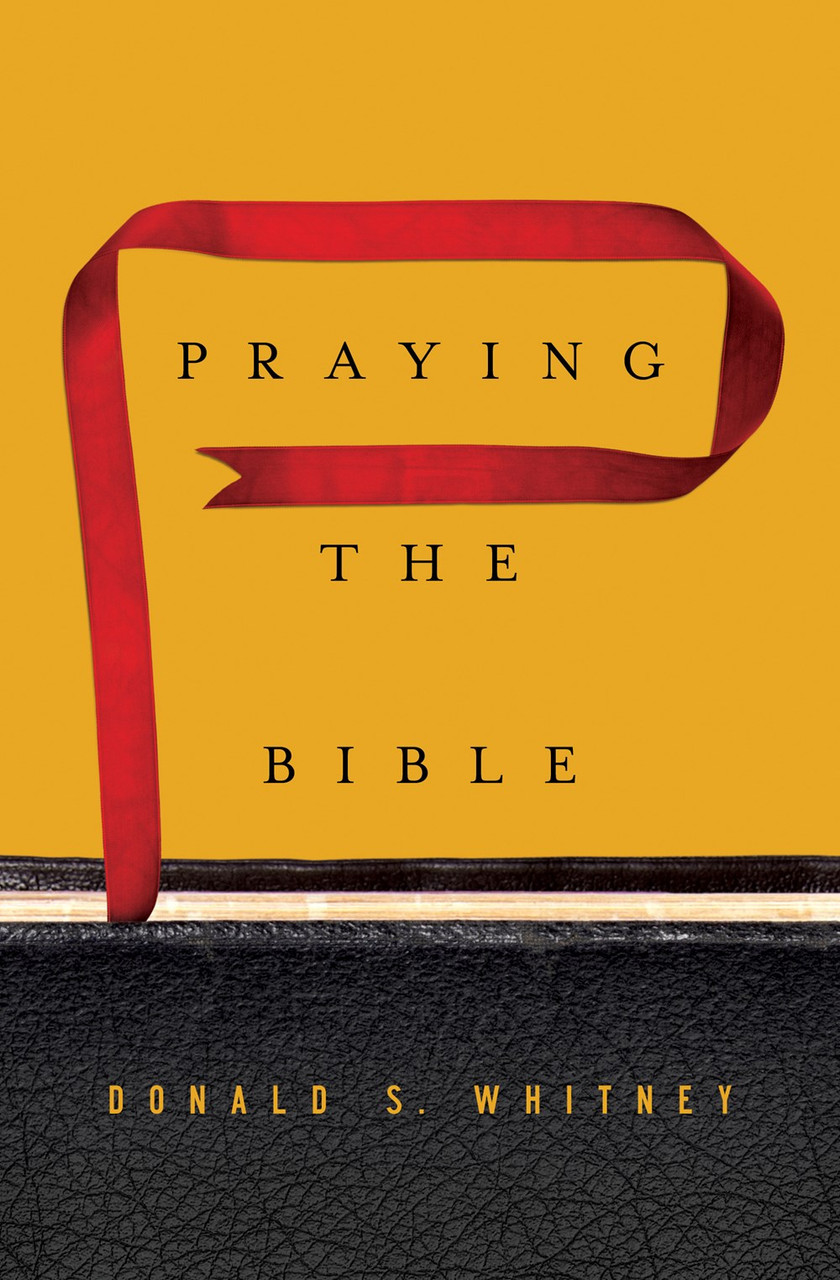
At the start of the year, I stood before my church and presented an opportunity for each of us to enter into a daily experience of joy. I held a Bible in one hand and a reading plan in the other.
For many, “joy” and “reading plan” don’t jive. How many of us have set out January 1 with Genesis 1 only to fail somewhere around Leviticus 10? As the laws are stacked up, many succumb to the weight. The Bible isn't an easy book to read. Bite-sized chunks of daily reading help, but the fact is, no matter which plan you use, you must use it. You must read regularly.
During the late spring and early summer months, I always feel as if I’m slogging through my reading. I stay up later, sleep in longer, and spend more time outside. So, I understand the temptation to miss a day here or there. The problem with missing, though, is that it adds up quickly. Three chapters become six, and six become nine. Before you know it, you’re twenty-something chapters behind and about to call it quits.
But you don’t have to give up!
If you’re behind, just start again today. Pick up today’s reading and keep going. You can read what you missed another time. Or try a new approach. Maybe you need less will-power and more gospel-motivation. Maybe you’re disheartened. Well, your Savior is the one who can put your heart back in. Will you let him?
Often, the reason we’ve given up isn’t that we weren’t enjoying it. It’s not because we’re unable to keep up the pace. If we're honest, often it’s because we’ve become bored. As the Old Testament progresses, the books get harder to understand, and instead of doing the work to gain understanding, we grow bored with it like the student in a Shakespeare class wondering what it all means, and why he must suffer through another sonnet.
What we need is a way to make the most of our daily reading. Instead of just getting through it, we need to go deeper into it. Like sipping your coffee in the morning, it’s best after a hard night and little sleep. The Bible is the same. When it feels hopeless, that’s when God is most ready to break through.
So here are five ways to make the most of your daily Bible reading:
Begin with prayer
This is, by far, the most obvious and simple action we could take. But my guess is it’s the one we’re least likely to do. How many times have you opened the Bible to read, allowed your eyes to skim the words, closed the book and thought, “I have no idea what that means.” Then, you put the Bible on the shelf and wish you were a better Christian. Your problem isn’t your lack of faith or understanding; it’s your lack of prayer.
The Bible is like no other book. When you open God’s word, there is a person behind the words. God himself is there to greet you, to change you, to shepherd you. God wants to meet with you more than you want to meet with him, and he has the power to bring dead people to life. Couldn’t he also wake you up for twenty minutes to talk with you? Ask him. Sit down with your Bible, ask God for light, and trust him to provide. He will. Why wouldn't he? He preserved this book through the ages and placed it in your hand. You are so loved.
Use a study Bible
We live in the richest age of Bible resourcing the world has ever seen. Right now, you can open your web browser and find a wealth of information about the Bible that did not exist twenty-five years ago. There are so many good resources, one would be hard pressed to list them all.
But rather than searching the vast mines of the Internet, I find it helpful to get one or two physical copies of a good study Bible. Both the ESV Study Bible and the ESV Gospel Transformation Bible are great resources. I reference these nearly every day. If I need to gain insight into a passage, these have never once let me down. It won’t answer all your questions, but it might help you see which question you should be asking. They are pointers to Christ, and ultimately that’s the goal of any Bible reading.
Engage all your senses
Different people learn in different ways. I believe we can be trained to learn in common ways, but some of us retain more by listening or reading or writing it down. Whatever works for you, do it!
This year, I’ve listened while reading along. I find it helpful to keep me on track and engaged. It pushes me along more quickly than I sometimes want, but I can always just hit the stop button and keep reading without the audio.
I’ve also seen people have success in writing out the Scripture. Doing so forces you to focus on each word, and in the Bible, each word holds immense weight. Every one is breathed out by God for our good. Too often, we skim them and miss the wonder each holds. Writing them slows us down and connects our eyes with our hand with our head with our heart. It engages so much of us that it’s hard to remain the same even after one verse.
Journal your thoughts
To help our church gain some momentum early this year, I took an Instagram picture of the reading plan, with the day checked off, on top of my open Bible. In the caption, I jotted down a few thoughts and insights into the reading for that day. Every day since then, I’ve done the same thing. At first, it was just to help guide. Now it has become a way for me to engage with my reading. I’ve retained more this year than ever before. The process isn’t difficult. I just ask a few questions. What did that passage say God and me? What was striking about it? How does it help me anticipate or see Jesus?
To my surprise, these notes became something many in our church look forward to seeing in their feed each day. One of our women’s Bible studies even uses them as the material for their weekly time together. But you don’t have to be so formal or public. Grab a legal pad and a pencil. Write some thoughts down. Engage with the Bible as God engages you with it. You’ll be amazed at what happens
By the way, I’ve compiled my notes throughout the year on a page on my website. You can check it out here if you’d like.
Talk regularly about what you read
As my pastor and I planned our Journey Through the Bible initiative at our church, we discussed how to keep people engaged and help them along. My Instagram posts have been one way we’ve accomplished that. But there is little interaction in those posts, and interaction is where we grow the most. So, we decided early on that we needed weekly opportunities to interact with what we were reading. We reorganized our Bible studies around our reading plan. If you show up to any of our men’s or women’s Bible studies, you’ll find us talking about a chapter, passage, or section of the reading from that week. We try to grab the big rocks from the last few days and dive deep. This helps us get both the macro view of Scripture (reading daily) without losing the micro view of Scripture (intense Bible study).
But, once again, you don’t have to be that formal. Just find a friend or your spouse and talk about what you’re reading with them. It has been my consistent experience that all Christians love to talk about the Bible. I’ve never run into another believer and started talking about the Bible and had them say, “You know, that’s enough about that. Let’s talk about something else.” If anything, Christians crave more discussion about Scripture, especially informal discussion. Not only does it help you wrestle through some of your reading, it is edifying and encouraging to those around you. It’s a way to minister as you go, and isn’t that what Jesus called us to do in Matthew 28:18-20?
Editor's Note: This post originally appeared at David's blog, Things of the Sort.
How does God's Word impact our prayers?

God invites His children to talk with Him, yet our prayers often become repetitive and stale. How do we have a real conversation with God? How do we come to know Him so that we may pray for His will as our own?
In the Bible, God speaks to us as His children and gives us words for prayer—to praise Him, confess our sins, and request His help in our lives.
We’re giving away a free eBook copy of Praying the Bible, where Donald S. Whitney offers practical insight to help Christians talk to God with the words of Scripture.

